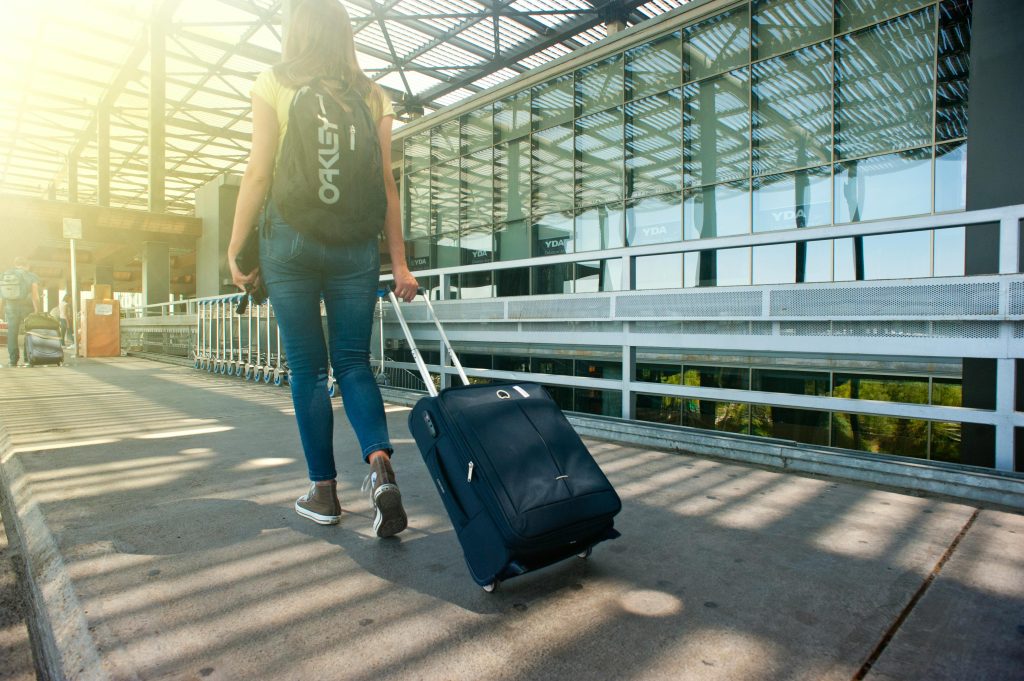In 2025, the travel industry is witnessing a transformative shift towards experiences that go beyond mere sightseeing. Travelers are increasingly seeking journeys that foster cultural understanding, promote sustainability, and offer meaningful connections with local communities. This evolution in travel preferences is reshaping how individuals perceive the world and their place within it.

The Rise of Immersive Cultural Exchanges
One of the most significant trends in 2025 is the growing popularity of immersive cultural exchange programs. These experiences allow travelers to live and work alongside local communities, gaining firsthand insight into different cultures and lifestyles.
Key Features of Cultural Exchange Programs
- Hands-On Learning: Participants engage in daily activities that are integral to the local way of life, such as cooking traditional meals, participating in local festivals, or assisting in community projects.
- Language Acquisition: Immersion in a foreign environment provides an excellent opportunity to learn or improve language skills, facilitating deeper connections with locals.
- Personal Growth: Navigating a new cultural setting challenges individuals to adapt and grow, fostering greater empathy and understanding.
Programs like those offered by InterExchange and Volunteer Forever provide structured opportunities for cultural immersion, promoting global awareness and personal development.
Sustainable and Responsible Travel
As awareness of environmental issues grows, travelers in 2025 are increasingly prioritizing sustainability in their travel choices. This includes opting for eco-friendly accommodations, supporting local businesses, and choosing destinations that promote responsible tourism practices.
Sustainable Travel Practices
- Eco-Friendly Accommodations: Staying in hotels or lodges that implement green practices, such as energy conservation and waste reduction.
- Supporting Local Economies: Purchasing goods and services from local artisans and businesses to contribute to the community’s economic well-being.
- Low-Impact Transportation: Utilizing modes of transport that minimize environmental impact, such as trains or electric vehicles.
Destinations like Costa Rica and Bhutan are leading the way in sustainable tourism, offering travelers opportunities to explore nature while preserving it for future generations.
Volunteer Travel: Making a Difference Abroad
Volunteer travel, or “voluntourism,” continues to be a popular way for individuals to contribute positively to communities while exploring new cultures. In 2025, there is a growing emphasis on ethical volunteering that ensures mutual benefit for both travelers and host communities.
Benefits of Volunteer Travel
- Community Impact: Volunteers assist in areas such as education, healthcare, and environmental conservation, directly benefiting local communities.
- Cultural Exchange: Working alongside locals fosters mutual understanding and respect, breaking down cultural barriers.
- Personal Fulfillment: Many volunteers report a sense of purpose and satisfaction from contributing to meaningful projects.
Organizations like Volunteer World and Global Volunteers offer a range of programs that align with ethical volunteering principles, ensuring that both volunteers and communities gain from the experience.
Digital Detox and Mindful Travel
In response to the constant connectivity of modern life, many travelers in 2025 are seeking destinations that offer a break from screens and digital distractions. Digital detox retreats provide an opportunity to reconnect with nature and oneself, promoting mental well-being and mindfulness.
Features of Digital Detox Retreats
- Unplugged Environments: Accommodations and activities are designed to minimize digital interference, encouraging guests to engage fully with their surroundings.
- Wellness Activities: Programs often include yoga, meditation, and nature walks to promote relaxation and mental clarity.
- Community Engagement: Guests participate in communal meals and group activities, fostering a sense of belonging and connection.
Retreats in locations like the Azores and Norway offer serene settings for those looking to disconnect and recharge.
The Future of Travel: Personalization and Technology
Looking ahead, the future of travel in 2025 and beyond is increasingly shaped by technology and personalization. Artificial intelligence and data analytics are enabling travel companies to offer tailored experiences that match individual preferences and interests.
Trends in Personalized Travel
- Customized Itineraries: AI-driven platforms create personalized travel plans based on user preferences, past travel history, and real-time data.
- Smart Accommodations: Hotels and lodges are incorporating smart technology to enhance guest experiences, such as personalized room settings and virtual concierge services.
- Virtual Reality Previews: Travelers can use VR to explore destinations and accommodations before booking, ensuring their choices align with expectations.
These technological advancements are making travel more accessible and tailored to individual needs, enhancing the overall experience.
Conclusion
The travel experiences that expand worldviews in 2025 are characterized by a deep engagement with local cultures, a commitment to sustainability, and a focus on personal growth. Whether through immersive cultural exchanges, responsible tourism practices, volunteer opportunities, or digital detox retreats, travelers are seeking meaningful connections that broaden their perspectives and enrich their lives. As the industry continues to evolve, these trends are shaping a future of travel that is more conscious, connected, and transformative.
References:
- InterExchange. (2025). Travel Experiences for U.S. Residents by Destination. https://www.interexchange.org/programs/travel-experiences-for-u-s-residents-by-destination/
- Volunteer Forever. (2025). Volunteer Abroad Opportunities. https://www.volunteerforever.com/
- Volunteer World. (2025). Ethical Volunteering Programs. https://www.volunteerworld.com/en









